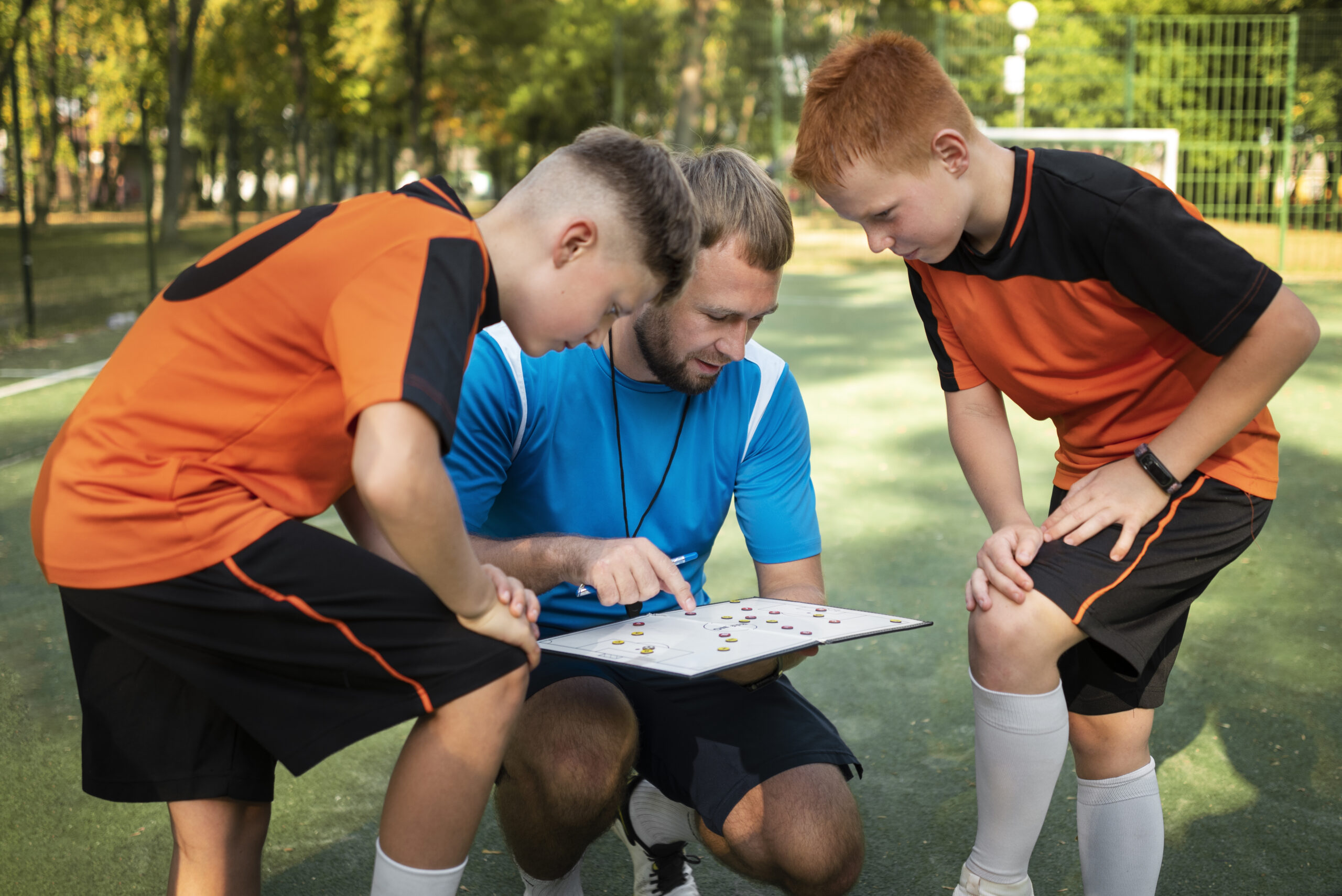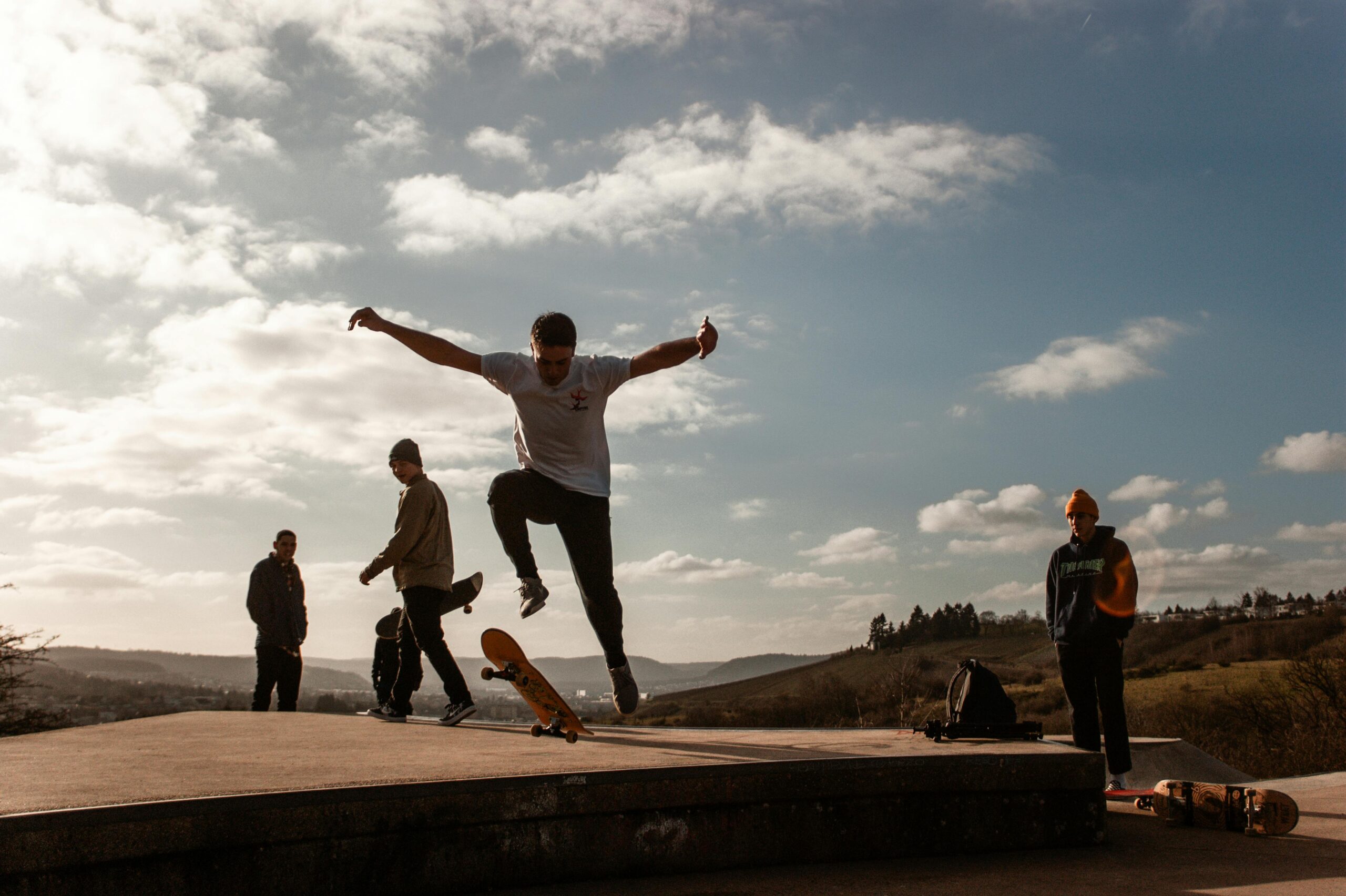-
Teenage anger often stems from stress, trauma, and pressure. Without a healthy outlet, it can ripple through the whole family.
-
Outdoor activities like sports, running, biking, and gardening redirect energy, build patience, and create space for reflection.
-
With mentorship and guidance, outdoor programs transform anger and frustration into discipline, responsibility, and lasting peace.
Every parent has seen it at some point: the slammed doors, the sharp words, the tension that fills a room when a teenager is carrying anger they cannot shake. For some young men, that anger goes deeper. It spills into daily life, creating conflict at home, struggles in school, and even run-ins with the law.
While counseling and conversations are helpful, stepping outside, moving the body, and working with others in nature can change the tenor of a teenager’s heart.
Understanding Teen Anger
Teen Anger has deep roots. Hormonal changes play a role, but that’s only part of the story. Stress at school, pressure from peers, or painful experiences at home can all fuel anger. Trauma, in particular, can turn into a constant undercurrent of frustration that surfaces in sudden bursts.
When this anger is unable to find a healthy outlet, it spreads into daily life. Families find themselves living in tension, with big arguments erupting from small things. Parents begin to wonder what will set their son off next. Over time, the weight of all that anger can lead to isolation, broken relationships, and destructive choices.
Sometimes parents mistake anger for laziness or rebellion, when in fact it is often a signal of deeper pain. It isn’t just about the teen “acting out.” It’s about the long-term damage that unresolved anger can leave behind.
Recognizing this difference can be the first step toward finding the right path forward.
Outdoor Activities vs. Indoor Coping Mechanisms
Many teenagers look for release in front of a screen. Video games and social media often feel like easy escapes, but instead of calming frustration, they usually stir it up. Hours online can lead to unreasonable comparisons, heightened stress, or even more aggression. The body sits still, but the mind keeps racing.
Taking that energy outside paints a different picture. In the long run, activities like team practice or even simple outdoor chores redirect restless emotions into movement and progress. Fresh air and physical effort provide space for the mind to reset. Instead of anger building up inside, the energy that once caused conflict begins to serve a purpose. Young men can discover that the same drive fueling frustration can also power growth.
Different Types of Outdoor Activities
There is not one single activity that works for every teenager. Some thrive in group settings, while others relax when they have space to themselves. The key is to provide healthy options that channel energy in positive ways and teach lessons that carry over into daily life.
Here are some of the most effective outdoor activities that bring change.
-
Team Sports: Basketball, soccer, or even simple relay races can break down walls. They teach communication, patience, and trust. When a teenager learns to pass the ball instead of hogging it, or to cheer a teammate instead of criticizing, small changes add up to healthier relationships.
-
Hiking, Running, or Biking: Sometimes, solitude is just as powerful as teamwork. The rhythm of feet on a trail or the steady pedal of a bike provides room to process anger without interruption. Fresh air and open space work like a reset button, offering clarity that four walls cannot provide.
-
Gardening, Farming, or Campus Work: Working with the earth slows the pace. A seed does not grow overnight, and that waiting builds patience. Tending plants, caring for animals, or handling steady chores teaches responsibility in a way lectures never could.
-
Structured Programs Like Ours: At Paul Anderson Youth Home, we have built outdoor activity into the rhythm of daily life. From morning runs to campus projects, physical movement is never an afterthought. It is not busywork; it is a steady path for young men to learn self-control, discipline, and calm in a hands-on way.
Emotional and Spiritual Benefits
Outdoor activities go beyond the physical. They reach into the emotional and spiritual side of life. Each small victory, like a mile completed, a row of crops tended, a game played with discipline, adds confidence. Those wins remind teenagers that they are capable of more than angry outbursts.
Of course, challenges come too. A missed shot, a bike that breaks down, or a tough day in the field can be frustrating. But these moments matter because they teach persistence. Learning to try again, even when it’s hard, builds resilience that carries over into school, relationships, and life at home.
Time spent outside also opens the door for reflection. Away from screens and noise, teens can often think more clearly. For many, those quiet moments become opportunities to pray and hear God’s voice. In that stillness, anger begins to lose its grip, giving way to a more profound sense of peace and direction.
Role of Mentorship and Guidance in Outdoor Activities

Outdoor activity without direction does not always lead to change. Left to their own devices, teenagers can carry anger into any setting. That’s why structured supervision matters. Activities need purpose, boundaries, and guidance.
Mentors and coaches provide that structure. When adults step into the same activities by running alongside them, working with them in the fields, or coaching them on the field, they model patience, respect, and self-control. Young men watch how frustration is handled in real time, and eventually begin to mirror what they see.
This is the approach we take at Paul Anderson Youth Home. Outdoor activities are paired with mentorship and accountability. We don’t just keep young men busy; our mentors walk alongside them as they learn to channel anger into discipline, responsibility, and calm.
Anger does not have to control the story. We have seen how outdoor activities, when guided with care and structure, can create real transformation. Physical energy finds healthy outlets, emotional strength begins to grow, and spiritual reflection brings lasting peace. What once was a cycle of frustration becomes a path forward.
Are you struggling with an angry teenage boy in your life? Would you like to see how structured outdoor activities, paired with mentorship and faith, can make a lasting difference? Reach out to us today at Paul Anderson Youth Home to learn how we can help.
Stay Updated
Sign up for our monthly newsletter and weekly devotional











